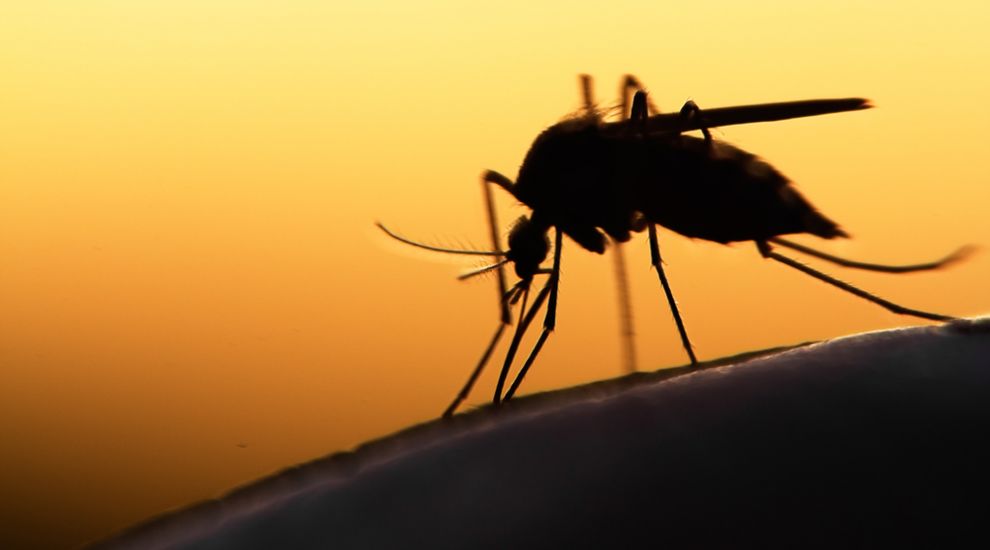


Public Health are setting water traps for mosquitos this summer to see if an invasive species, which carry a series of viruses, are migrating their way north through Europe by hitchhiking on boats to the island.
It part of a wider flexing of new capabilities afforded to the public sector since the pandemic.
The States’ laboratory has been steadily beefed up since covid first took hold, with services brought under one roof, including crop biology services, and the recruitment of staff into vacant and new roles.
The latest Medical Officer of Health report, covering the period between 2019 and 2022, states that genomic sequencing and molecular technology bought in that period, and the associated skills required, has allowed for new applications beyond the pandemic.
That includes the surveillance of possible future threats such as the Asian Tiger mosquito. Dr Nicola Brink, Guernsey’s Medical Officer of Health, said the of effects of climate change are seeing the insect move as far north as France.
“There have been cases of transmission of Dengue in France related to an imported case then an Asian Tiger mosquito biting that person and passing on through blood feeding,” she said.
But she confirmed there have been no detections to date so there isn’t yet a cause for concern.
Pictured: Testing facilities were a permanent feature at the ports throughout the covid-19 pandemic.
The mosquitos are known to be a carrier of the Chikungunya and Zika viruses, as well as Dengue fever.
“Dengue, Zika, and Chikungunya can make you quite unwell,” Dr Brink said. “The important thing is to be prepared to know what infections we've got on island so not only can we put the environmental processes in place to get rid of stagnant water, but also our medical teams and nursing teams can be aware.”
Dr Brink said it's a good example of using the technology on hand: “We've developed this expertise we've purchased this kit, let's look at other services that are required and instead of buying those services from elsewhere, do it ourselves."
Zika virus can cause fever, rashes and muscle pain as well as serious birth defects and other pregnancy complications. Dengue fever and Chikungunya virus also have flu-like symptoms.
The traps being set at the ports are part of a pilot scheme to monitor if any are entering the island. Dr Brink said the insects can’t fly far and would therefore hitchhike to the island via aircraft or boats.
“You look for it in the environment, and once you get it in the environment, you then move on to try and get rid of it from your environment,” she said.
If any are detected sequencing could also be carried out on island at the ports to identify the extent and so evidence-based action can be taken.
The local laboratory could also be used to assist other jurisdictions battling the introduction of new viruses.
Public Health have also invested in new equipment, including a water purification system and autoclave, and upgraded its Mass Spectrometer used to determine the chemical composition of samples so it’s faster and more precise.
Comments
Comments on this story express the views of the commentator only, not Bailiwick Publishing. We are unable to guarantee the accuracy of any of those comments.